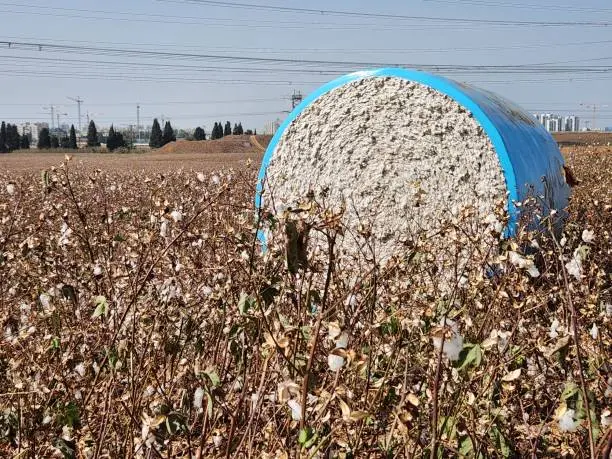The Fashion Pact is set to scale its cotton decarbonization program, Unlock, which incentivizes farmers to adopt regenerative practices, thereby assisting brands in reducing their supply chain carbon footprints. Following a successful pilot phase, the initiative is poised for broader implementation.
Experts emphasize the urgent need for the fashion industry to decarbonize its supply chain to mitigate severe climate impacts. According to the Boston Consulting Group, raw materials significantly influence a brand’s climate targets, accounting for up to two-thirds of its overall impact. However, there is a scarcity of low-impact raw materials and insufficient incentives for agricultural transitions.
Eva von Alvensleben, executive director of The Fashion Pact, noted the systemic issues hindering this transition. “Currently, farmers lack the incentives to shift from conventional to low-impact production, and brands face challenges in directly engaging with farmers to achieve greenhouse gas (GHG) reductions,” she explained.
The financial risks associated with transitioning farming practices, along with inadequate infrastructure for data collection, complicate matters for many farmers. Demand for sustainable materials is projected to exceed supply by 133 million tonnes by 2030, making it crucial for brands to meet their sustainability targets. “We simply don’t have enough low-impact raw materials available,” von Alvensleben added.
To address this gap, The Fashion Pact has developed the Unlock program in collaboration with sustainability consultancy 2050 and climate innovation NGO Future Earth Lab. Initially launched as a pilot in 2023, Unlock now provides financial incentives to farmers and facilitates brand investments in regenerative farming. While it does not exclusively promote organic practices, the program is flexible and accommodates various certification systems, partnering with organizations like Better Cotton and the Climate Beneficial Verification Programme. Some enrolled farmers are also committed to transitioning to organic farming methods.
Related Topics:
Is Chi Shampoo Good for Your Hair?
7 Best Shampoos for Hair with Keratin Treatment

